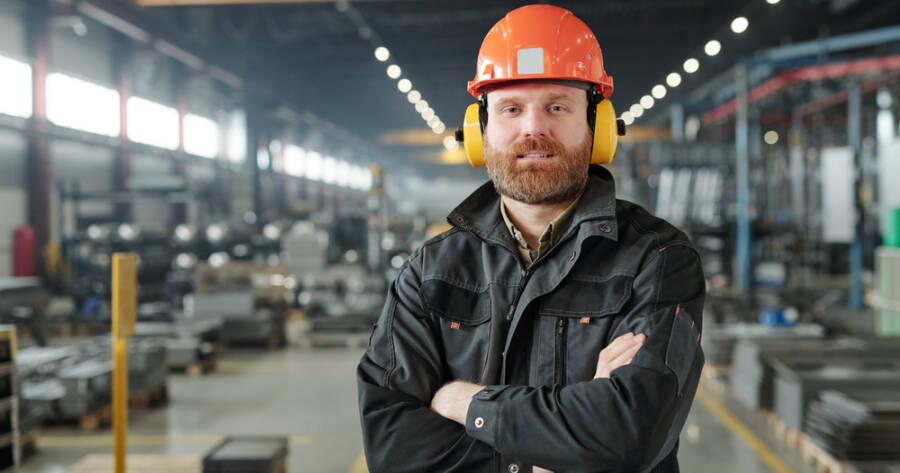Optimizing machine shop operations involves utilizing essential equipment, streamlining workflow, and ensuring quality control. By implementing effective practices, you can enhance productivity, reduce costs, and maintain high standards, driving success in your machine shop.
What is a Modern Machine Shop?
A modern machine shop is a facility equipped with advanced machinery and technology to perform various metalworking and manufacturing processes. These shops utilize computer-aided design (CAD) and computer-aided manufacturing (CAM) systems to design and produce complex parts and components with high precision and efficiency. Modern machine shops also prioritize safety, sustainability, and environmental consciousness in their operations.
The integration of automation and robotics has revolutionized modern machine shops, enabling increased productivity, reduced labor costs, and improved safety.1 These technologies allow for continuous operation, reducing downtime and increasing overall efficiency. Additionally, modern machine shops employ advanced quality control measures and inspection techniques to ensure the accuracy and reliability of their products.
Modern machine shops play a crucial role in various industries, including aerospace, automotive, medical, and energy. They provide essential components and parts for a wide range of products, from aircraft engines to medical devices. The versatility and adaptability of modern machine shops make them indispensable partners in the manufacturing sector.
Essential Equipment for Efficiency
Modern machine shops rely on a range of essential equipment to achieve efficiency and precision in their operations. Some of the key equipment includes:
- Computer Numerical Control (CNC) Machines: CNC machines are computer-controlled machines that can perform various operations, such as milling, turning, drilling, and grinding, with high accuracy and repeatability. These machines are programmed with specific instructions to create complex parts and components.
- 3D Printers: 3D printers use additive manufacturing technology to create three-dimensional objects from digital files. They are increasingly used in modern machine shops for rapid prototyping, creating custom parts, and producing small batches of complex components.
- Coordinate Measuring Machines (CMMs): CMMs are precision measuring devices used to inspect and verify the dimensions and geometry of parts and components. They utilize touch probes or laser scanners to collect data and generate detailed reports.
- Automated Material Handling Systems: Automated material handling systems, such as conveyors and robots, are used to move materials and parts efficiently within the machine shop. These systems reduce manual labor, improve safety, and optimize production flow.
Optimizing Workflow and Production
Modern machine shops employ various strategies to optimize workflow and production processes.2 These include:
- Lean Manufacturing: Lean manufacturing is a systematic approach that focuses on eliminating waste and inefficiencies in the production process. It involves continuous improvement, reducing setup times, and optimizing inventory management.
- Just-in-Time (JIT) Production: JIT production is a manufacturing strategy that aims to minimize inventory waste by producing parts and components only when they are needed. This approach reduces storage costs, improves cash flow, and ensures that materials are fresh and of high quality.
- Total Quality Management (TQM): TQM is a comprehensive approach to quality management that involves all aspects of the production process. It emphasizes continuous improvement, employee involvement, and customer satisfaction.
Conclusion: Delving Deeper into Modern Machine Shops
Modern machine shops are at the forefront of innovation and efficiency in the manufacturing industry. Their adoption of advanced technology, automation, and sustainable practices has revolutionized the way parts and components are produced. To delve deeper into the world of modern machine shops, explore industry publications, attend trade shows and conferences, and connect with experts in the field. By staying informed about the latest trends and developments, you can gain valuable insights into the future of manufacturing and its impact on various industries.
